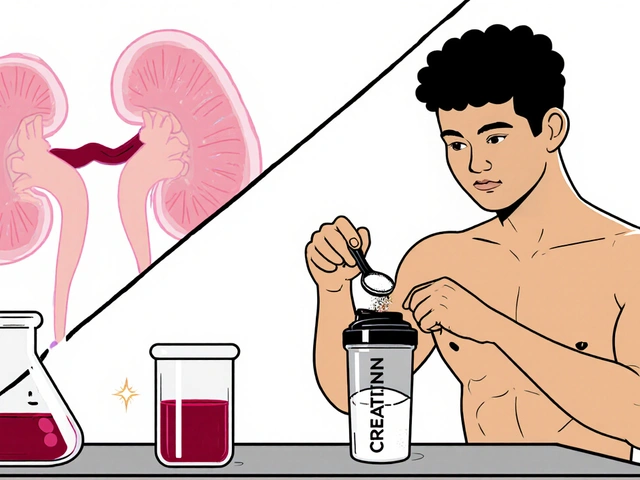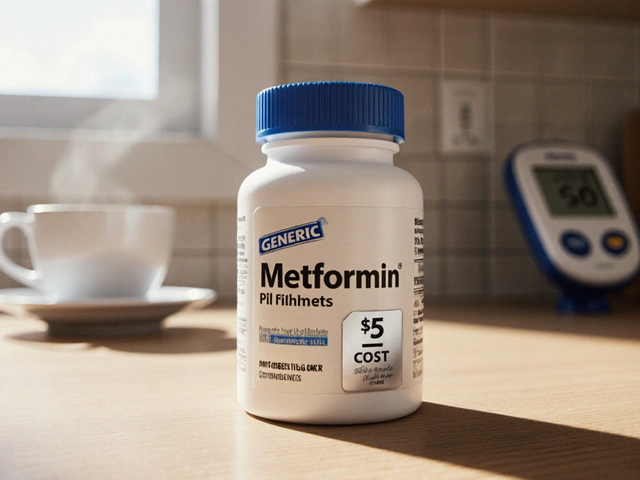Science-Backed Supplement Guide: What Works and how to pick it
Want supplements that actually do something? You’re not alone. The market is noisy, but a few simple checks let you separate useful, science-backed supplements from hype. This page gives short, practical steps: how to read the evidence, how to choose a safe dose, and where to find trustworthy brands.
Check the evidence — what matters
Start with human trials. Randomized controlled trials (RCTs) and meta-analyses carry more weight than animal studies or lab tests. Look for outcomes that matter to people — for example, improved blood markers or fewer symptoms — not just small lab changes. Note sample size (bigger is better) and how long the study ran. A single small trial isn’t proof; several consistent trials are better.
Use plain-language signals: if multiple RCTs or a meta-analysis support a supplement, it’s more likely to help. If evidence comes only from traditional use or single small studies, treat claims cautiously. Our site has clear write-ups for specific supplements — see “Zinc: The Essential Nutrient for Better Health” and “Experience the Incredible Health-Boosting Effects of Calcium D-Glucarate Today!” for examples.
Safety, dose, and real-world tips
Pick a dose that matches the trials you trust. For example, zinc daily needs are about 11 mg for men and 8 mg for women; many trials use higher short-term doses for deficiency but the safe upper limit is about 40 mg/day. Melatonin studies commonly use 0.3–5 mg for sleep. For less-common supplements like calcium D-glucarate, common product doses fall in the 250–500 mg range — look for studies using similar amounts.
Watch for interactions. Supplements can change how medications work. If you’re on blood thinners, blood sugar meds, or hormones, check with a clinician before starting anything new. Always tell your doctor about supplements you take.
Pick brands that test their products. Look for seals or certificates from third parties like USP, NSF, or ConsumerLab. Those labs test for purity and correct ingredient amounts. Avoid products that hide ingredient amounts or use proprietary blends without clear dosages.
Read labels closely. Prefer supplements that list active ingredients, exact doses, and the form used (for example, zinc citrate vs. zinc oxide). Short ingredient lists are better than long lists of fillers and proprietary blends.
Want quick next steps? 1) Search for RCTs or meta-analyses for the supplement you’re curious about. 2) Compare the study dose to the product label. 3) Check for third-party lab seals. 4) Ask your clinician about interactions with your meds. For more detail on specific supplements, check our posts like “Integrative GERD Relief” (for melatonin and DGL) and the zinc and calcium D-glucarate articles linked above.
Science-backed supplements exist — but they’re the minority. Use the checks above and you’ll cut through the marketing and pick options that actually help, with less risk.

In my recent deep-dive into the world of fitness supplements, I came across Ecdysterone, a powerful, science-backed supplement proven to enhance strength and stamina. Derived from insects and some plants, Ecdysterone is touted for its anabolic properties, helping to increase muscle mass and physical performance. Studies suggest it's even more effective when paired with a high-protein diet. It's safe, legal, and could be a game-changer for athletes and fitness enthusiasts alike. I'm excited to see how this supplement could revolutionize our approach to fitness.






